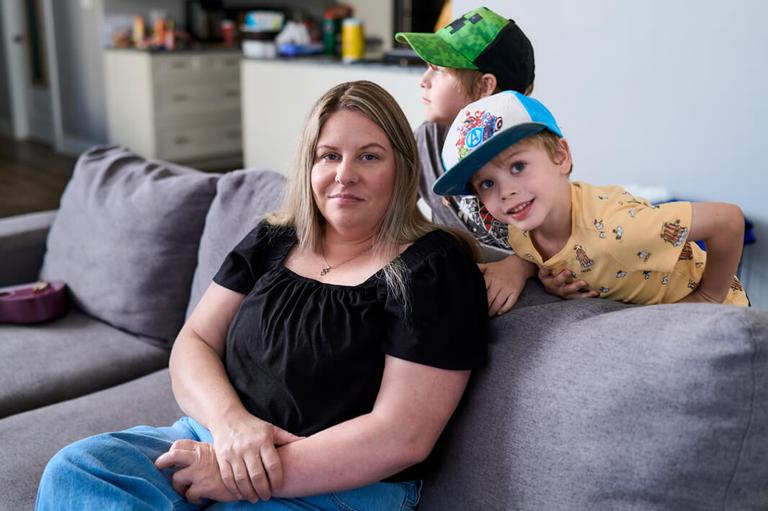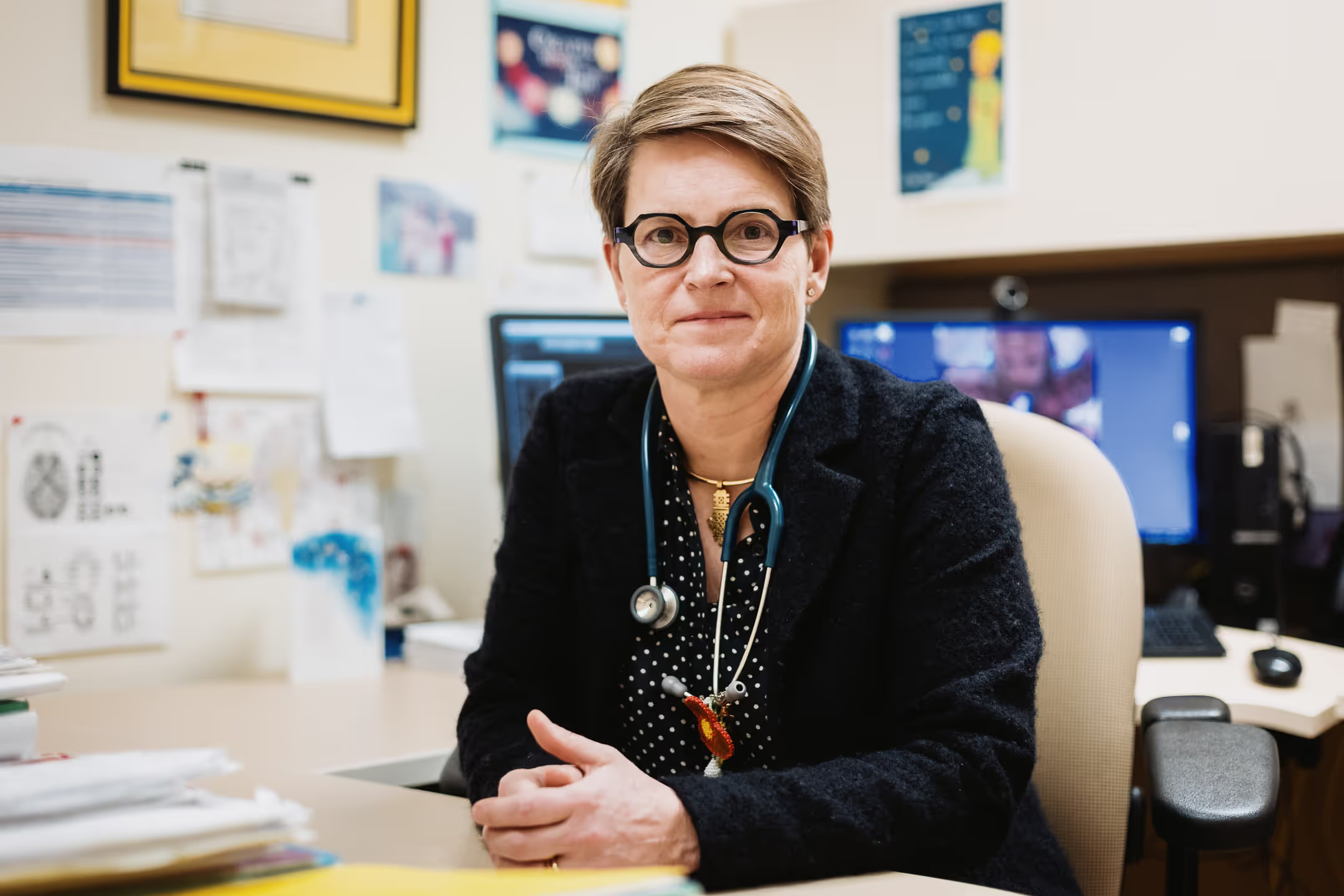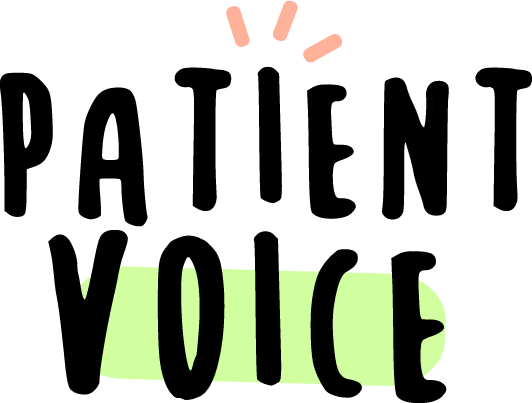
Dr. Vivien Brown is a Toronto-based family physician, health policy advisor, and women’s health advocate. In 2012, she was recognized by the Ontario College of Family Physicians as Family Physician of the Year. Dr. Brown is also the author of The New Woman’s Guide to Healthy Aging.
Life is a journey. As we travel the roads of our years, we’re faced with many branching paths — in our careers, in our personal relationships, and in our health. On our health journey, particularly, we may not always have the luxury of choosing which paths are offered to us, and we can only see the map in hindsight. But, though every network of roads is unique, with unexpected crossroads and uneven terrain, we can still prepare ourselves well for the trek, and we can be forewarned about the landmarks and signposts we may encounter.
Throughout my long career as a family physician, I’ve met so many women at so many different points in their journeys. I’ve helped these women interpret the markers along their way, assisted them in navigating and understanding the health hazards that are tripping them up, and provided guidance at major forks in the road. It has become very clear to me that, while the path ahead remains mysterious for us all, there’s quite a lot we can learn and share to make our collective journeys smoother. A good patient-physician relationship isa partnership, where the primary care provider acts as a sort of porter, navigator, and guide.
20 to 29: Packing for the Trail
Your 20s are a time for making good decisions that will shape you and your journey in the decades to come. The benefit of staying active, wearing sunscreen, and eating a healthy diet in your 20s persists throughout your life. When I’m talking to older women about bone health, for example, I often end up asking what their diet and exercise routines were like decades earlier.
Similarly, it’s a time to read the warnings on the back cover. Inform yourself about things like the importance of not smoking, the hazards of street drugs and date rape drugs, the cumulative effects of stress, the guidelines for alcohol intake, the lifelong impact of sexually transmitted diseases, and the recommended vaccines at all stages of life. These preventative measures are your warm, dry socks and your first aid kit — because it’s so much easier to prevent a blister than to treat one.
"Your 20s are a time for making good decisions that will shape you and your journey in the decades to come."
30 to 39: Who Will Be Joining You on Your Journey?
When a woman turns 30, she’s beginning to encounter branches in the road that represent very big decisions. The reality is that, by age 32, your fertility is decreasing. And yet many women haven’t yet decided on a permanent travel partner (if they want one at all), let alone decided if this is a road they want to walk with children in tow. Some women may decide to freeze their eggs while their fertility remains high. For those who do choose to start a family, this will be a decade of increased interaction with the health care system, before, during, and after pregnancy. Regardless of whether you’re having children, partnering up, or staying fiercely independent at this stage of your life, the social bonds you build and strengthen now will be critical on the rest of your journey.
Entering the second half of your 30s, the risk goes up for diseases like lymphoma, cervical cancer, and other routes that choose women without advance warning. And it’s always better to know as soon as possible when you’ve found yourself on one of these paths, so you can be prepared for the challenges ahead. This means listening to your body and speaking to your health care provider about the symptoms that could aid an early diagnosis.
40 to 49: The Road Gets Busy
Women in their 40s often have young or teenaged children, booming careers, and very few free hours in their day. Unfortunately, this means that it’s a time when it becomes more difficult to consistently make the healthy choices that keep you moving forward with energy and confidence. Your feet may begin to feel heavy on your journey, and it’s important not to get lost in the shuffle. This is the time to lean on those who are walking with you. Women are often quick to shoulder the burdens of others, but remember also to let those who love you carry your pack sometimes, so you don’t collapse under the weight.
Many women eat less healthily themselves as they focus on ensuring their family eats well, and they simultaneously give up their exercise time as they say yes to everything else. This is a decade for setting boundaries and ensuring that you have the room to take care of your own health before it becomes a lifelong problem. Losing track of diet and exercise in your40s can be the cause of so many health complications in your 50s, 60s, and beyond. This is not a time to slow your pace — it’s a time to look ahead and prepare for the big bump in the road. In fact, you might already be feeling the path beginning to grow steeper.

50 to 59: It’s a Climb, but the Air Is Clear at the Top
The average age of menopause for Canadian women is between 51and 52. It’s likely that you have already missed periods, experienced night sweats, and seen other perimenopausal symptoms in your 40s, but the big transition will happen for most in this decade. Menopause can be very challenging for some women, while others will breeze through it. The important thing to ask is whether the symptoms are affecting your quality of life. If they are, there are many medications that can make this chapter easier.
This is also the age when we begin routine screening for diseases like breast cancer, as well as watching out for conditions like heart disease. This is the stage in your life when you’ll begin to truly appreciate the preparations you made in decades previous, and particularly the travelling companions you’ve surrounded yourself with. Remaining social and engaged is essential in your 50s and beyond, not only for quality of life, but for protection against cognitive decline and Alzheimer’s. With a well-packed bag, the terrain you walk now and hereafter can be profoundly beautiful. It would be a shame not to share it.
60 and Beyond: The Real Journey Begins
For women who have maintained their fitness, their good habits, and their health thus far on the journey, 60 is a time of beginnings more than a time of endings. There can be new and unwelcome surprises hiding in the terrain, but your pack will be lighter and your feet steady with experience. There are many adventures ahead.







